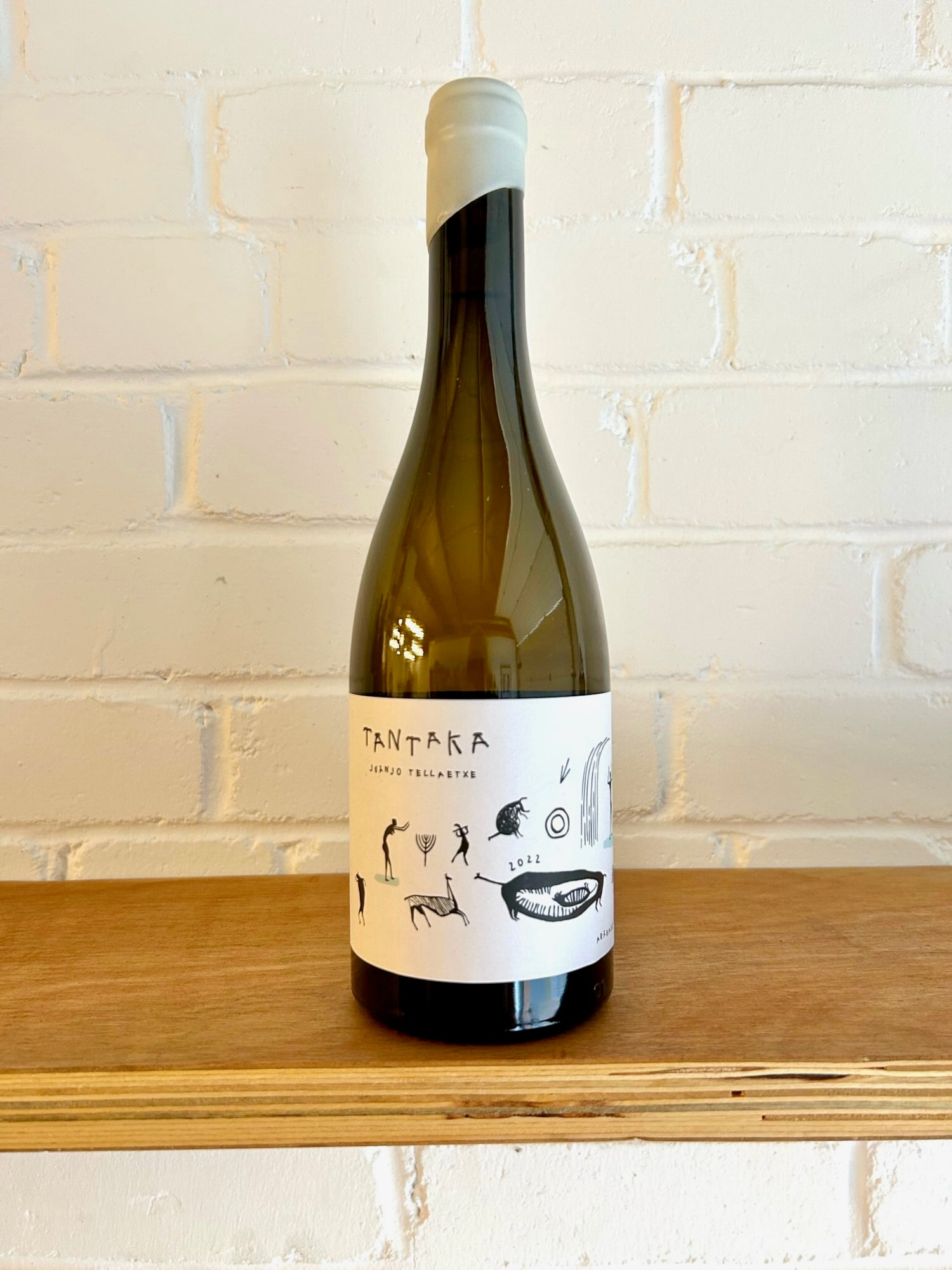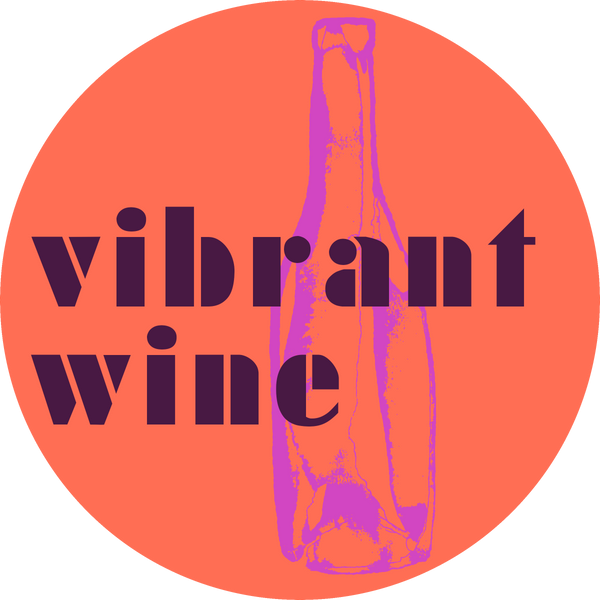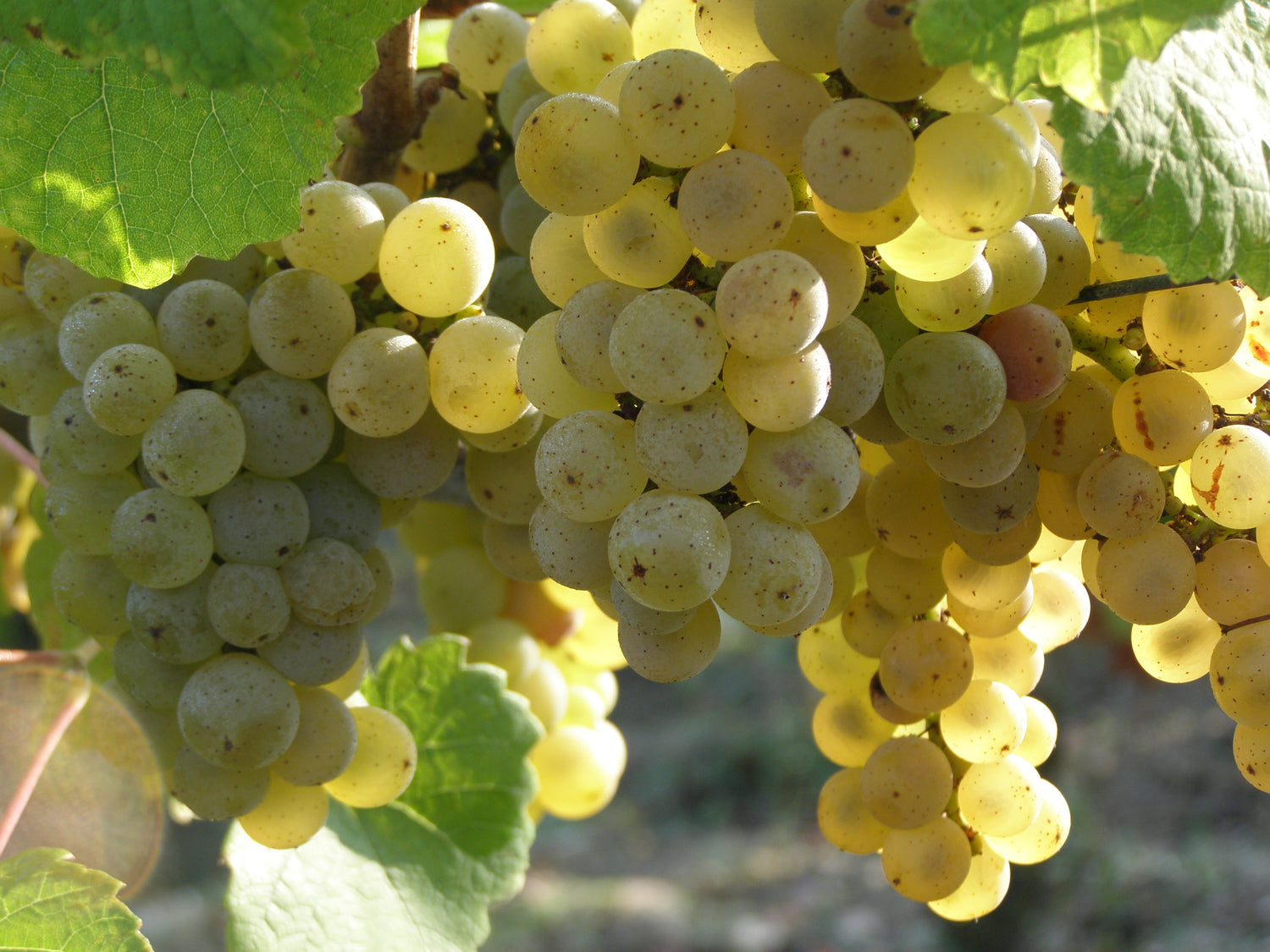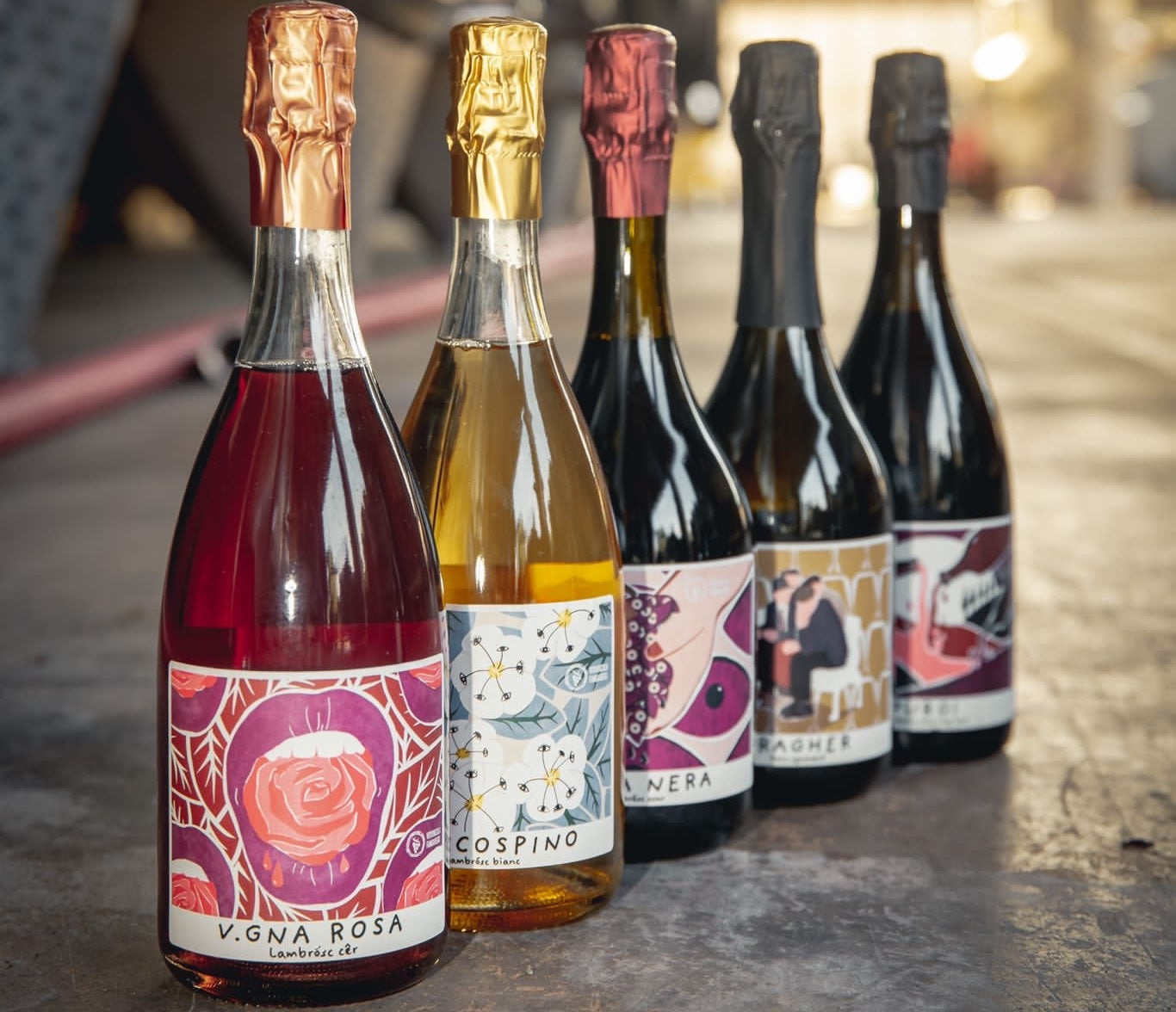We have been careful on this website not to describe wines as “vegan” unless they are certified as such, however depending on how strictly you follow a vegan diet all of our wines can be classed as “vegan-friendly”. All of our wines are suitable for vegetarians.

A note on vegan and vegetarian wines
What makes wines vegan/vegetarian?
You would be forgiven for thinking that wine should be vegan – surely all that goes into making wine is some grape juice and yeast, with perhaps a chemical process or two? Alas this is at the heart of the low-intervention debate – just what does go into the wine we drink – and we have to be careful. Traditionally egg products ( specifically egg whites, for fining or clarifying the wine in barrel or tank before bottling ), casein ( a milk protein ) and isinglass ( from fish ) were widely used in wine production. They are still prevalent, especially in more traditional wine regions such as Bordeaux, but our growers do not use these methods. Many natural winemakers choose not to fine or filter their wines at all, believing that what is in the wine should stay in the wine as it both nourishes it and is part of it. This of course makes it necessary sometimes to have them standing upright for a while to allow sediment to fall to the bottom of the bottle naturally. Non-animal products such as bentonite, derived from clay, are sometimes used however, and these are vegan friendly.
Be careful with wines labelled vegan
Some retailers will label a wine as “vegan” if it adheres to the conditions above, but there are other considerations, for example –
- Beeswax seals. Beeswax is sometimes used to seal the cork. We love this as it is a natural product and it saves some aluminium foil being sent to the landfill, but this would not technically come under the definition of “vegan” as an animal product is being used.
- Animal manure. Something else we love, but a strict vegan would not accept this.
- Horses as plough animals. It is increasingly common to see producers using a horse to pull a plough. Again, depending on how strict a vegan you are this may not be acceptable, ditto having livestock in the vineyards after the harvest ( which some growers do ).
- Agglomerated corks. These often use milk-based glues unfortunately…and we try to avoid them. Most of our producers use high quality corks, and of course some also use screwcaps.
Hopefully this is helpful, it is all a bit of a minefield!



